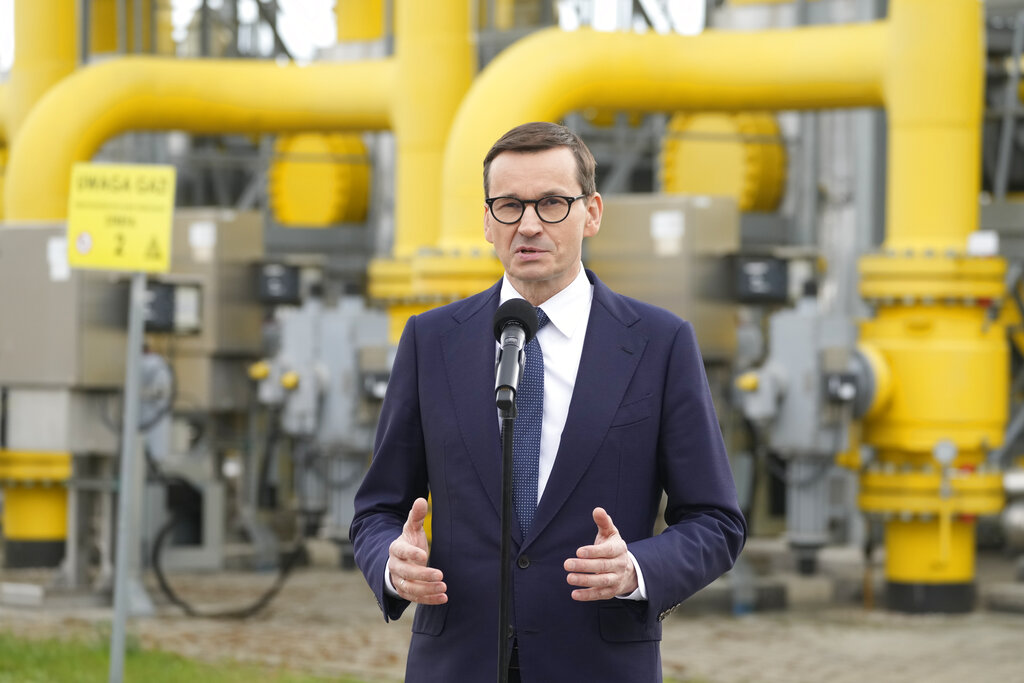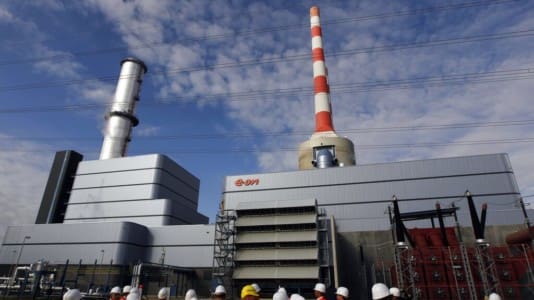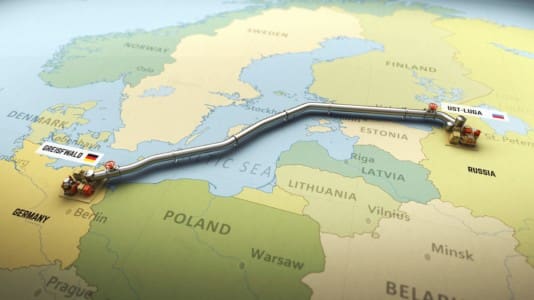The green energy transformation in the EU must not take place at the cost of the energy security of the whole continent, Polish Prime Minister Mateusz Morawiecki warned in an article for the Financial Times published on Monday.
Morawiecki began by stating that “Russia’s brutal attack on Ukraine has cast a shadow over the dreams shared by hundreds of millions of Europeans of building a secure and prosperous future based on sustainable and equitable development.”
He stressed that “regaining stability and achieving decent living conditions for the people of Europe now requires abandoning some important assumptions, especially where energy policy is concerned.“
The Polish prime minister argued that Poland’s position on the matter is now being seen to have been proven correct. “Until recently, the EU’s energy policy was concerned solely with climate change. Today, other member states agree with Poland, which has long emphasized the need to diversify energy sources, build up gas reserves and wean ourselves off Russian fossil fuels. In addition to climate protection, the energy security of countries is now paramount.”
He warned that Russian President Vladimir Putin’s “energy blackmail and the war in Ukraine are already contributing to a significant increase in electricity prices and a significant increase in inflation.” He added that Europe “has a very important lesson to learn” and “must drastically reduce the costs of CO₂ emission allowances, which are a decisive factor in energy prices and which have risen considerably in recent years.”
Morawiecki was critical of the Emission Trading System (ETS) regime and claimed: “Rather than stimulating the development of green energy, the current ETS drives inflation and threatens to send millions of citizens into fuel poverty.” He instead proposed “freezing the price of CO₂ emission allowances at €30 for at least one year, with the possibility of extending it for two.”
He concluded by stating that if need be, for the sake of security and to defeat Russia, Europe should temporarily consider returning to fossil fuels. “The green transition cannot come at the cost of basic security, and if the situation forces us to do so, then we must not hesitate to return temporarily to traditional sources of energy. Even if a short-term return to coal means postponing our ambitious climate goals, it may be a necessary condition of maintaining a strong European community capable of resisting Russia and supporting Ukraine.”






